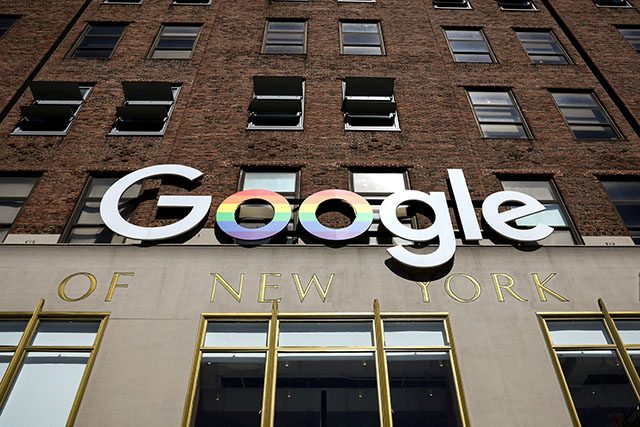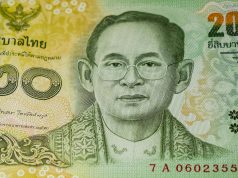
SINGAPORE — Google has stopped accepting political advertisements in Singapore months before a widely expected election, according to documents shared by a small political party which said it was angered by the decision that denies it voter reach.
In email correspondence between the Singapore Democratic Party and a senior Google public policy official, the tech firm said it “will not accept advertising regulated by the Code of Practice for Transparency of Online Political Advertisements.”
A spokeswoman for Alphabet Inc’s Google told Reuters the email exchange was authentic but declined to comment further.
The new code of practice, part of a controversial ‘fake news’ law introduced in October, requires advertising intermediaries to maintain detailed records of political adverts and their sponsors and make those records available to authorities.
The code applies to “all advertisement or paid content that can reasonably be regarded as being directed towards a political end”.
In the correspondence shared with media in a statement by SDP, Google’s Vice President, Government Affairs and Public Policy, APAC, Ted Osius, said: “This was not an easy decision to make as Google is committed to delivering useful and relevant election-related information to users around the world.”
Singapore, which has been ruled by the People’s Action Party since independence in 1965, has repeatedly said it is vulnerable to foreign interference in its domestic affairs.
The city-state is gearing up for an election expected to take place within months.
SDP said the “shocking policy” would deprive voters of information ahead of that ballot.
“In an election with the media totally dominated by the state, alternative parties would have no ability to educate and inform the voters of Singapore in the run-up to the elections if we are not able to use Google’s advertising platforms in the first place,” Paul Tambyah, chairman of SDP, said in the correspondence.
The office administrating Singapore’s new fake news law, called the Protection from Online Falsehoods and Manipulation Act (POFMA), did not immediately respond to a request for comment.
Unlike Google, social media giant Facebook is still accepting political advertisements in Singapore after implementing new rules under the ‘fake news’ laws in September.
Facebook on Saturday attached a correction notice to a user’s post in the first such instance under the new law.
Rights groups have raised concerns the fake news law could be used to stifle free speech and chill dissent in Singapore, charges government officials have denied.
Google banned political advertising on its platform before Canada’s federal election earlier this year, after the country introduced stringent transparency rules.
Google also said last month it would stop giving advertisers data such as public voter records and general political affiliations to target their ads. The move coincides with pressure on social media platforms over their handling of political ads ahead of the U.S. presidential election in 2020.
— Reporting by Fathin Ungku and John Geddie; Editing by Lincoln Feast









